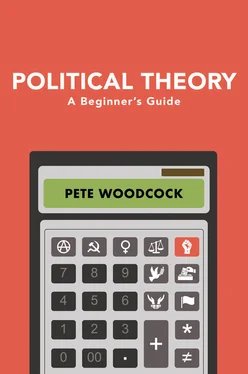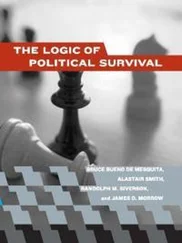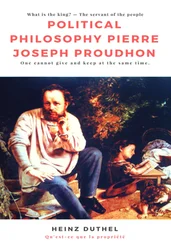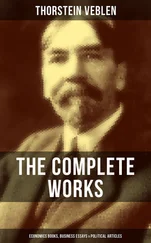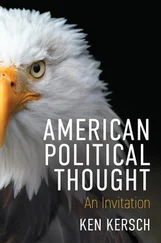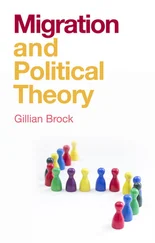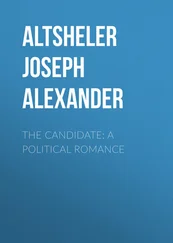Also, the book does focus on what might be referred to as the received canon of texts. Of course, these canonical texts are only elevated amongst others as we continually address them as such; we teach those texts that we have been taught ourselves and so the canon is perpetuated. Again, my only defence against this charge is that as this book is intended to provide an introduction to beginners to political theory it is best to focus our attention on those texts considered central to understanding the discipline. Readers might do well to reflect upon why dead, white, European males dominate this canon and challenge this.
Rousseau, J.J. (1953) The Confessions . London: Penguin.
1 1. I use man here as it is the word that Rousseau uses – we can be pretty sure that he does mean man, rather than as a misguided shorthand for people. This is normal in the history of political thought until relatively recently. I can understand how you might find this irritating, but there is no sense in dressing up the sexism of the time as anything else.
2 What is the nature of politics?

1 Does living a political life involve constant reflection on the nature of justice?
2 Does glory act as a constraint to what a prince may do in Machiavelli’s writings?
3 Is morality derived from the motivations behind an act, or the consequences of them? How might this apply to politics?
4 Can one become a politician and remain morally innocent, or must one get one’s hands dirty?
5 Is passion a good thing in politics?
We all think we know what politics is; but what is the purpose of it? Why do we, as a species, do it, and what is its end? If you went up to the first person you met on the street and asked them what politics is, the likelihood is that they would give the response that it is the stuff that goes on in Washington, DC/Westminster/Canberra/Brussels or similar; and that is a perfectly plausible account of what politics is in the contemporary world, but it doesn’t really help us with what it is for.
In 2012, the city of New York proposed a change to its health codes prohibiting sales of sugary drinks in sizes of more than 16 ounces (around 0.5 of a litre) in the city upon health grounds. One would be able to buy/sell diet or milk-based drinks in any size you liked, but sugary drinks would be limited to 16 ounces due to the calories contained therein, in an attempt to limit citizens’ sugar intake and promote healthy living. There is an inbuilt assumption here that one of the purposes of politics and government is to protect the health of the citizens of a country, and the attempt by the City of New York to limit the sales of large sugary beverages is hardly new in this regard. Around the world cigarettes are taxed (often heavily) to discourage smoking, alcohol is restricted and taxed, many drugs are flat out banned, whilst subsidies might be given to organizations that put on physical activities. One can prohibit certain things that may lead to poor health to actively stop someone gaining access to them, one can tax them to discourage people from buying them, or, in New York’s case, one can restrict the size of sale; of course, one could always buy two or three drinks, but perhaps this is unlikely. Poor diet and lack of exercise lead to poor health in the population, increased strain on medical budgets, and many/most governments see it as their business to combat this. To put it another way, many/most governments see the overall health of the population to be one of the things that politics is for; it is one of the tests of a successful administration that health statistics are on the rise.
Others might argue that this is none of the state’s business, and that policies such as this are instances of the nanny state. This account would argue, perhaps, that politics is for defending rights, protecting property and liberty, and administering the state; what people want to drink, smoke or do in their own time is none of government’s business.
The City of New York’s proposal failed to be implemented, not because it was determined that it was an overreach of the City’s powers, but rather because it would only affect businesses licensed by the City, and many locations inside the city were licensed by the state and were not subject to City regulations on this issue. Equity was at stake here; certain businesses would have been free to sell sugary drinks by the bucket load, whilst others would have restrictions placed upon them, and this would have led to an unequal marketplace. Fairness in the application of principles was deemed a more important goal of politics than health.
This chapter aims to begin our reflections on politics by examining what politics is about? What type of aims should we have from politics? How has politics been conceptualized? This chapter will commence in ancient Athens, then move from Renaissance Florence to nineteenth-century England, then hop over to Germany, before travelling across the Atlantic to the United States in the 1970s, before returning to Germany. As you might expect from such a journey, the ranges of responses to the question ‘what is politics about?’ are varied.
Our first discussion will be a brief examination of the life of Socrates and to see how he placed a search for justice at the heart of politics, and thought that we should all regard this quest as being central to our lives. Indeed, he became a martyr for this quest. We will then examine Machiavelli’s advice to politicians outlined in his work The Prince . We will see here that it is not morality that should be at the heart of politics, as it is pointless always being moral as a prince because if you do you will lose your position to someone who is not as good as you. This does not mean to say that the prince can do anything to keep his power though, as, for Machiavelli, glory is the purpose in politics, and glory places restraints on what a ruler can do.
We will then begin a comparison among utilitarian philosophers such as Bentham and Mill, who will argue that politics should be about bringing the greatest amount of happiness possible in politics. This will be contrasted with Kant, who argues that morality is the most important thing in politics. We will see that there exists between Kant and the utilitarian theorists a significant difference in how we formulate the nature of a moral act, with Kant focusing purely on the motivations behind an act, and the utilitarians examining the consequences of an act. Walzer will provide us with a potential halfway house between these competing perspectives on morality with his notion of dirty hands.
The chapter will conclude with an overview of Max Weber’s cautionary note against pure passion in politics, noting as he does that, with a centralized state with a monopoly of the use of legitimate force, this should be balanced with responsibility and a sense of purpose.
Socrates and the examined life
Socrates wrote nothing down, and the accounts we have on him are spartan, so it might seem strange to start a chapter on the nature of politics in a book on political theory with someone who leaves us with nothing to examine. It is rather his life that gives us a lesson in the nature of politics; he was a badass. He questioned whatever beliefs he wanted, cared not one iota for money or possessions, actively opposed the form of government in Athens at the time, and did not care who he upset in the process. The only Greek who comes close to beating him in the rock and roll stakes is Diogenes, who lived in a barrel and would walk around the marketplace in daylight with a lamp in the search for an honest man. Philosophy was not a subject to be abstractly studied in the classroom or the library for Socrates; it was to be lived. If one discovered a virtue, the notion that you should act differently to that virtue would have baffled him.
Читать дальше
